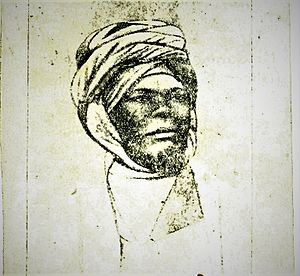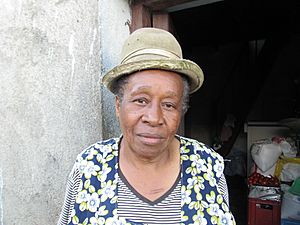Black elite facts for kids
The Black elite refers to a group of people of Black African descent who hold important positions in politics or business. In many Western countries, this group is often seen as different from other powerful groups, like the United Kingdom's nobility or the United States' wealthy upper class.
Black Elite in the United Kingdom
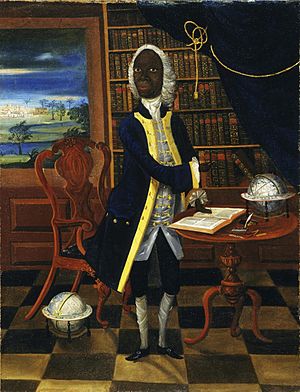
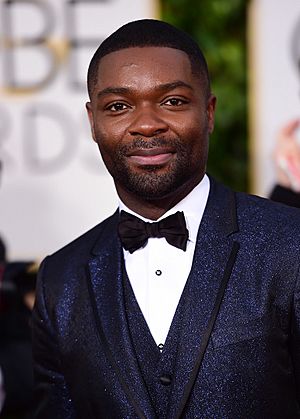
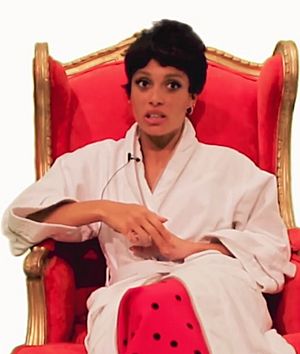
In the United Kingdom, the Black community is mostly made up of immigrants and their families. Many came during the time of the British Empire or the Commonwealth of Nations. However, people of African descent have been part of British society since at least the Elizabethan era (the 1500s).
Over many centuries, a powerful group developed within the Black community. This group grew to include:
- Children of British aristocrats and Black people, like Dido Elizabeth Belle.
- Members of older Black elite families from British Africa and the Caribbean, such as Sara Forbes Bonetta.
- Black and mixed-race leaders, like Paul Boateng.
- Successful Black and mixed-race people in fields like the arts, for example, Lenny Henry.
Like Black elite groups in other places, members of the Black elite in Britain played a big part in ending slavery. Some, like Olaudah Equiano, who had been enslaved, became well-known for their efforts.
After slavery was abolished in the early 1800s, Black people continued to become more important in British society, politics, and culture. Mary Seacole was a hero during the Crimean War. Learie Constantine was a famous cricketer.
Today, Black and mixed-race people in Britain are often featured in the annual Powerlist. This list ranks the most influential people of color in the nation. Many, like Paul Boateng and Lenny Henry, have received special honors, becoming peers or knights. There is also a small group of British aristocrats who have some Black heritage. Emma Thynn, the Marchioness of Bath, is an example. Other notable members include Archie and Lilibet Mountbatten-Windsor, the children of Prince Harry and Meghan Markle, the Duke and Duchess of Sussex.
Black Elite in the United States
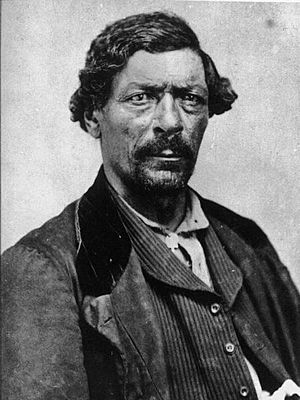
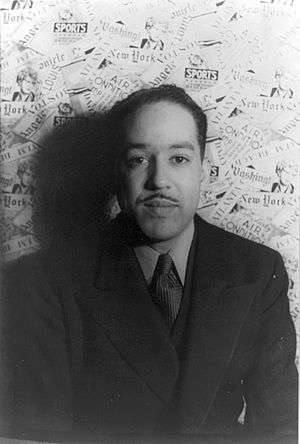
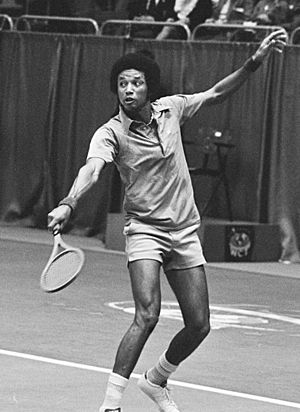
In the Northern United States, many educated Black people used their freedom to join movements like abolitionism (ending slavery) and women's right to vote. They also helped the Underground Railroad, which was a network that helped enslaved people escape to freedom. Later, during the Reconstruction Era, many Black people became successful in various jobs and grew wealthy in places like Brooklyn.
In the South, a powerful group began to form even before the American Civil War. This group included free Black people who managed to buy property. Many free Black families in states like North Carolina could trace their roots back to free Black people in Virginia during the colonial period. Most of these families came from relationships between white women (who were either servants or free) and Black men (who were servants, free, or enslaved). These relationships were more common among working-class people before slavery became very strict.
During slavery, some white slaveholders had children with enslaved African women. Sometimes, these slaveholders freed the women and their children. They might also provide for their mixed-race children by ensuring they received an education or learned a trade. In some cases, fathers gave property to their children, which helped them start a new life. These mixed-race individuals often tried to live like "polite" white society. In some places, like New Orleans, this led to a specific social system known as Plaçage.
In the South, the free Black elite often became leaders in churches, Black schools, and their communities. Some started successful businesses, using their connections with white families. This Black elite sometimes lived in white neighborhoods, which could separate them from other Black Americans. Some lighter-skinned Black people even chose to live as white and became part of white society.
The Civil Rights Movement and affirmative action (policies to help groups that have faced discrimination) brought many changes for the Black elite. As the older elite passed away, a new Black elite emerged. This new group includes politicians, business owners, actors, singers, sports figures, and many others who are part of America's wider upper-middle class. Important members of this new elite include political leaders like Barack Obama and Kamala Harris.
Other Examples of Black Elite Groups
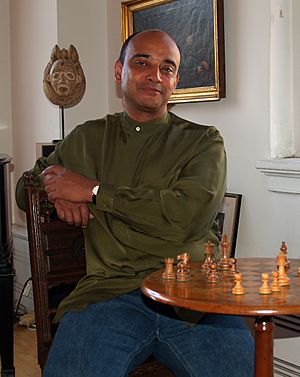
Besides the groups already mentioned, here are other groups from around the world that are or were considered a Black elite:
- Abirus
- Affranchis
- Afro-Bolivian monarchy
- Aguda people
- Americo-Liberians
- Andriana
- Angolan Mestiços
- Aro Igbos
- Assimilados
- Black Loyalists
- Black Patriots
- Children of the Plantation
- Creoles of Color
- Egba Alake Yorubas
- Emancipados
- Ethiopian nobility
- Évolués
- Fernandino peoples
- Ganwas
- Gbara clans of Mali
- Ghanaian chieftaincy
- Gold Coast Euro-Africans
- Kumasi Ashantis
- Masonic Order of Liberia
- Mourides
- Mulatto Haitians
- Nigerian bourgeoisie
- Nigerian chieftaincy
- Oyo Yorubas
- Pardo Brazilians
- Prazeros
- Prince Hall Freemasons
- Reformed Ogboni Fraternity
- Saro people
- Shirazis of the Swahili Coast
- Siddis of Janjira and Jafarabad
- Sierra Leone Creole people
- Sigma Pi Phi
- South African Inkosis
 | Lonnie Johnson |
 | Granville Woods |
 | Lewis Howard Latimer |
 | James West |


